Photo credits: Fine Art America
The New York Tribune is a former national American newspaper, which went out of circulation nearly 100 years ago.
However, the July 20, 1868 issue of the Tribune contained an article, which detailed a historic proclamation by America’s then-president, Andrew Johnson. The title of the Tribune’s 19th-century newspaper article was Reconstruction: The Ratification of the 14th Amendment. A portion of the historically prolific proclamation reads as follows:
“The President publishes the following, officially announcing the ratification by South Carolina and Louisiana of the Fourteenth amendment to the Constitution of the United States: By the President of the United States of America.
A PROCLAMATION. Whereas, By an act of Congress entitled ‘An act to admit the States of North Carolina, South Carolina, Louisiana, Georgia, Alabama, and Florida, to representation in Congress’ passed the 25th of June 1868, it is declared that it is made the duty of the President within ten days after receiving official information of the ratification by the Legislature of either of said States of a proposed amendment to the Constitution known as article 14 to issue a proclamation announcing that fact.'”
On July 28, 1868, the 14th Amendment to the United States Constitution was ratified. The amendment grants citizenship to “all persons born or naturalized in the United States” which included former slaves who had just been freed after the Civil War.
The amendment had been rejected by most Southern states but was ratified by the required three-fourths of the states. Known as the “Reconstruction Amendment,” it forbids any state to deny any person “life, liberty or property, without due process of law” or to “deny to any person within its jurisdiction the equal protection of the laws.”
Other groups tried to use the 14th Amendment to further their causes. Women attempted to use it to proclaim their right to vote, and African Americans tried to use it as well. On May 18, 1896, the Supreme Court ruled in the case of Plessy v. Ferguson that “separate but equal” facilities were considered sufficient to satisfy the 14th Amendment.
It was not until May 17, 1954, however, that the Court reversed the Plessy decision, bringing the era of government-sanctioned segregation to an end.
It was the 15th Amendment, ratified in 1870, which finally gave African Americans the right to vote. It states that “the right of citizens of the United States to vote shall not be denied or abridged by the United States or by any state on account of race, color, or previous condition of servitude.”
In practice, however, it took almost 100 more years and the passage of the Voting Rights Act of 1965 to remove barriers such as poll taxes, literacy tests, and intimidation that prevented African Americans and other people of color from freely exercising their right to vote. Note that the 15th amendment makes no mention of sex.
It was not until the passage of the 19th Amendment in 1920 that women were explicitly given the vote.
Sources: The New York Tribune, ChroniclingAmerica.gov, and AmericasLibrary.gov
* Your Black World columnist Victor Trammell, Jr. contributed to this report.

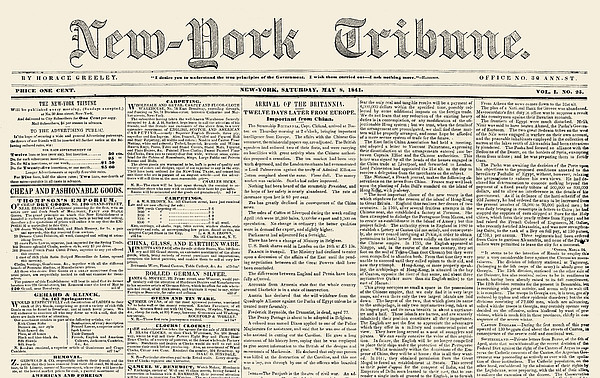






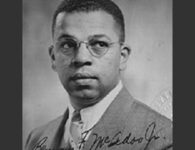



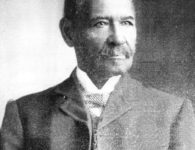
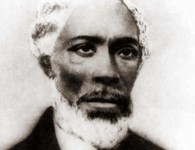

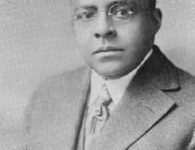


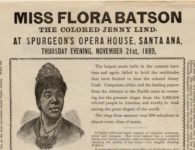


No comments